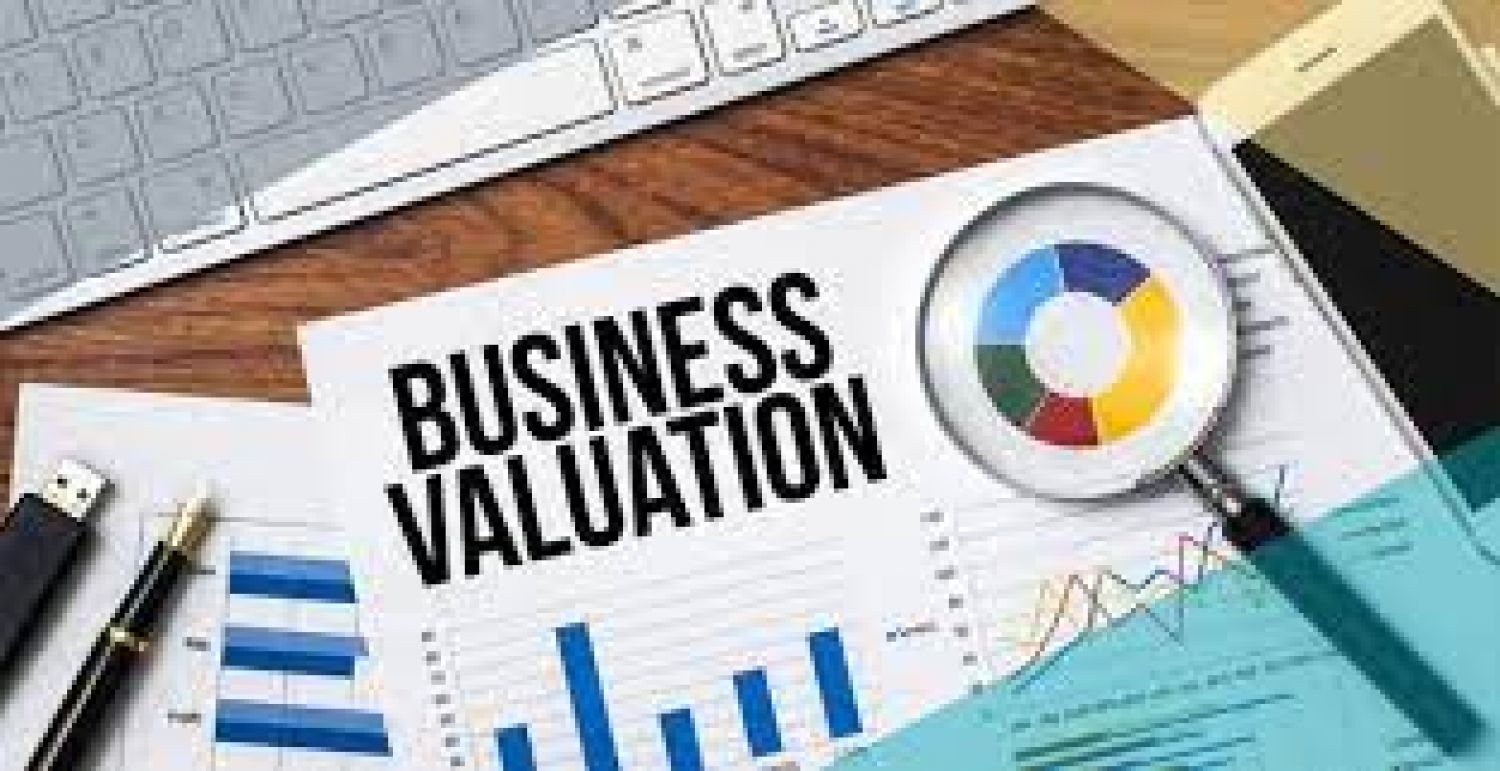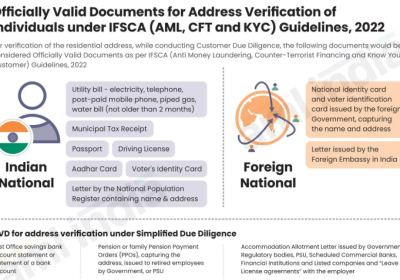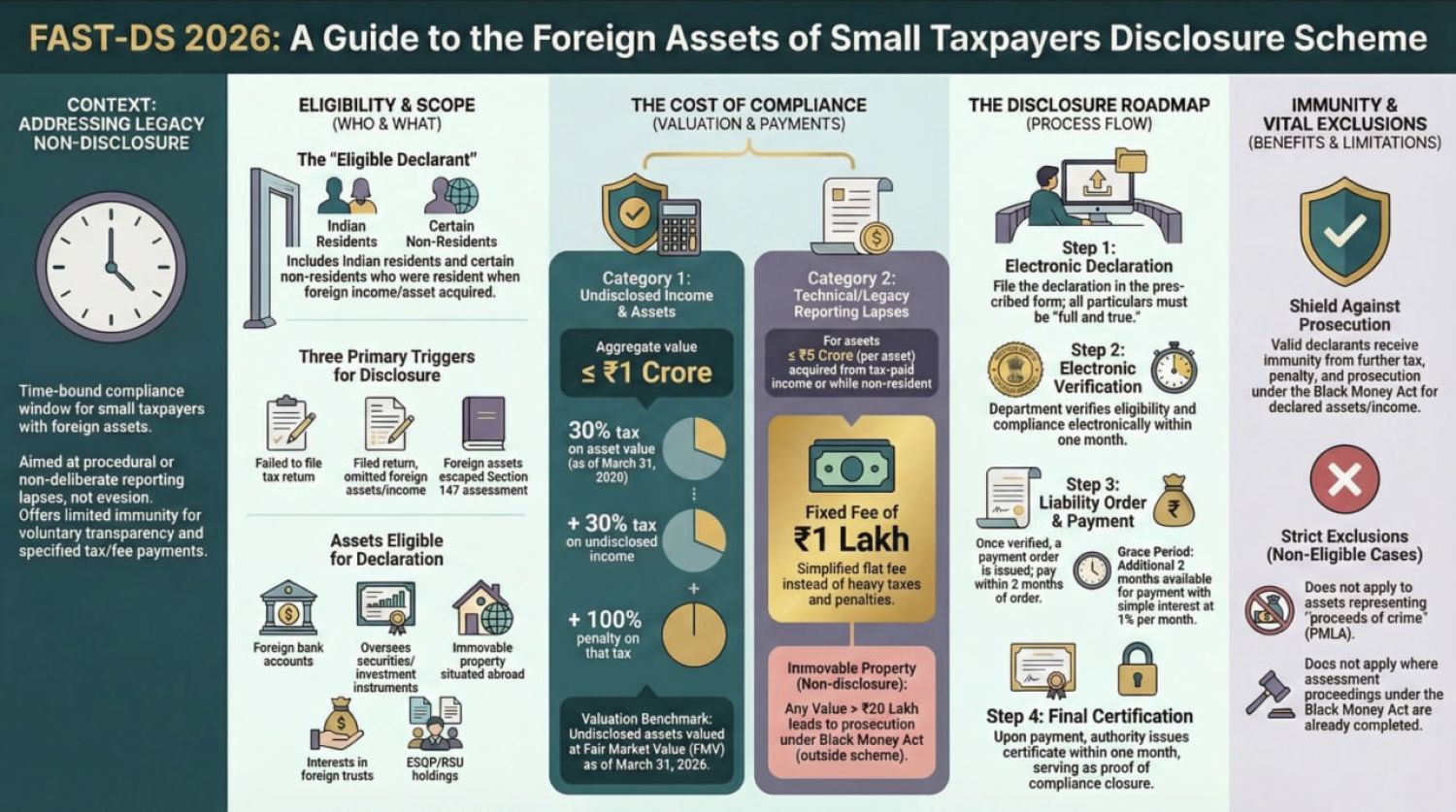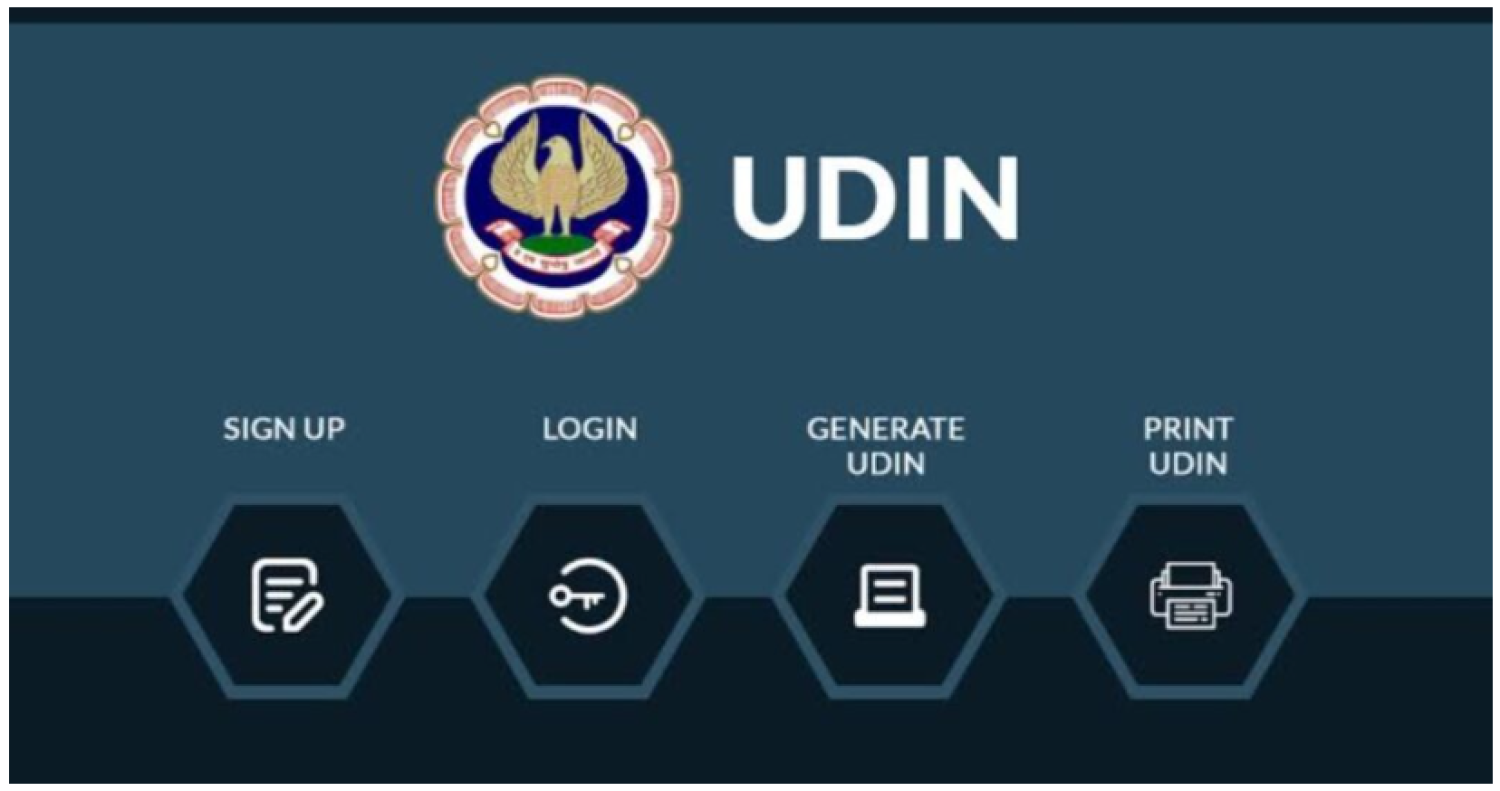Table of Contents

Complete Understanding on Business Valuation
Business valuation is primarily the approach for identifying a business's "economic value." This builds mainly on some financial assumptions and various limitations relating to the valuation date information available to assess the value of the company. The business can be assessed in different ways and in various countries around the world. In India, for example, business valuation firms offer services valuable to foreign firms and Indian organizations.
For Business Assessment Support contacts Rajput Jain & Associates valuation experts at 9555 555 480. Contact us.
Why do you require a Business Valuation?
Do you require assistance with business valuation? When it comes to India, The process of determining how much your company is worth is known as a business valuation. The real value of a company can be determined through a business valuation. We specify sale value, partner ownership, and other key things in order to compute firm valuation. We accept full responsibility for the valuations we perform and offer full support to our clients in order to justify the results.
A start-up or foundation's financial true worth is determined by its value. Many tools include an asset value analysis, market capitalization, reverse cash flow, winding-up prices, and income planners to measure the assessment for the company. Valuing also helps corporate members plan taxes, combinations and purchases, procurement, income, collection of funds, donations, disputes, and much more. The importance of a tax reporting firm is critical for compliance with tax legislation. Raising capital, purchases, shareholding modifications, capital gains and more shall include tax advantages for businesses.
WHAT IS THE OBJECTIVE OF VALUATION?
The purpose of a business valuation is to determine the worth of a company.
|
· To sell the product, brand, or part of the business, · Fund Raising, Investing · Sale of Business · Bankruptcies · Assists founders in evaluating companies · Insurance · Mergers and Acquisitions |
· Shareholder / Partner Disputes · Negotiation and business gaining · Brand Licensing · To measure the equity interest · Accounting and Tax Purposes · Joint Venture alliances for bankruptcies, fusions, and acquisitions |
Our valuations assist our clients in making sensible investment and business decisions. We help quantify and thoughtful value for transactions, investments, family settlements, taxation, litigation, and strategic management purposes based on our client's specific needs.
The Rajput Jain & Associates Valuation team is a group of highly qualified business valuation professionals who have completed numerous business valuation engagements for companies in a variety of industries. We provide our clients with the business valuation method they require while avoiding any potential conflicts that could arise from offering ancillary professional services. Because of our independence and lack of conflicts of interest, we are frequently recommended by other financial professionals. Our approach to valuation is both hands-on and detailed. Rajput Jain & Associates has gained a reputation as one of the industry's top valuation businesses as a result of its commitment to the valuation process.
When it comes to business valuation in India, the following factors influence the costs and benefits of transactions: country condition; political and legal environment; macroeconomic circumstances; competition and sector outlooks; and current business models and other regulatory requirements under the Companies Act, which are carried out by registered values who are registered with the IBBI.
There are two methods used in business valuation:
Qualitative models and Quantitative models. Accounting software and various computer programmes are used in quantitative methods of business valuation in India. In such valuation models, the following inputs and transactions are considered in order to arrive at an estimate of the firm's business valuation: sales figures; balances payable and accrued; current and long-term debts and liabilities; equity; and the firm's net worth.
When it comes to qualitative methods of business valuation in India, the following factors influence the costs and benefits of the transactions: sector outlooks; overall business performance; availability and price of necessary supplies; raw material quality; and relationships with key business partners organizations. These characteristics are used to determine a company's ability to compensate for negative business occurrences and recover from market downturns.
In India, various valuation methods take place, such as the fair value of the firm, the fair value of financing, and the implied economic value of the firm based on historical sales and production.
When it comes to determining the value of a business, it's important to keep in mind that the valuation should be done systematically. It involves a multifaceted approach that takes into account both current and future market conditions. This will ensure that the company's values are appropriately arrived at.
In India, there are three basic approaches to business valuation: book-value, cost and income approach.
The first two approaches are similar to those used in global valuations, but the cost or price approaches compare actual business values to what the enterprise might have been worth if the transaction had been completed. The income approach, which analyzes the business's inherent value, is the third primary valuation method in India. While each approach has advantages and disadvantages, when determining the worth of a company, the impact of these valuation methods should be weighed against each other to arrive at a final value for the business.
Book value approach:
To arrive at a business valuation for a specific company, the book-value approach uses historical sales prices for comparable companies. While it is simple to understand, this valuation method has several limitations. First, due to a lack of comparable examples, the book-value company assessment may only provide a broad indication of the business value and may overlook some characteristics of the firm, such as long-term projected profit. Cost or Price Approach: This strategy determines the worth of a company by focusing on only those aspects of the firm that can be monetized. It is assumed that if the venture is successful, the business can be sold at its fair market worth.
Cost approach:
The cost approach, on the other hand, implies that an enterprise value can be calculated by subtracting the current worth of all of the business's assets from its liabilities, as well as any physical fixed assets, capital stock, and retained earnings. A company's value is calculated based on these assumptions. As a result, the company's goodwill and intangibles play a significant role in its valuation. The final assumption in this valuation process is that the enterprise value would remain relatively stable over time.
Income approach:
The income approach considers only those aspects of the business that can be measured directly. Accounts receivable, accounts payable, accounts receivable plus inventory and payroll are the four components. The income approach employs an indirect method due to the inability of measuring all aspects of the business. According to the income approach, a company's worth can only be determined when it is profitable. As a result, some firms aren't included in a corporation's gross books until they start making money. The key advantage of this strategy is that it makes calculating book values for publicly traded companies easier.
There is a range of methods that can be applied to value a firm. Many experts advise hiring an investment advisor or a business valuation expert. One or more of the methods can be used to value a company. Privately held companies are easier to value since there are fewer limits on how the valuation can be done. The information required for a private company valuation is not always the same as for a public company valuation. Few investors are aware of the details of the value because most private companies are not publicly listed. What Are the
Different Types of Value Used in Business Valuation:
For different people, the concept of value has different interpretations. The worth of an object varies over time. As a result, value is a relative term that is affected by people, perceptions, time, and circumstance.
The value of a luxury item can vary depending on one's income level, perceptions of the item, and its usability. When the value of an item is equal to or greater than the base price, the sale will take place.
Business valuation is the process of estimating the total economic value of a company. Valuation is used to determine the price that market participants are willing to pay or receive when selling a business.
In business valuations, the entire business will be valued on the basis of the defined concept of value in order to ensure common comparison and analysis between different concepts of value. Each of the terms has been defined below:
1. Book Value
The book value is the amount at which the entity's assets and liabilities are recorded in its books of accounts. Because of the common accounting principles used in recording the value of assets and liabilities, the value will be consistent.
2. Depreciated Value
The net amount is the value obtained after deducting the depreciation or depreciation and amortization of the business/assets. Entity’s This net amount is known as the depreciated value or written down value.
3. Going Concern Value
Many businesses utilize the concept of going concern value to evaluate themselves. This concept determines the value of assets that are ‘in use and working in the firm on a daily basis. It is predicated on the assumption that the business will continue to run indefinitely and profitably.
4. Liquidation or Breakup value
On winding up, this is the value that is assigned to the assets. The assets of the business will be realized in a shorter period of time, and hence at full value when the business is wound up. In most cases, this is the price that would be obtained at a public auction.
5. Fire sale value
This is the asset's emergency value. It is the price at which the asset can be sold in the shortest amount of time, despite being less than the market value. The fire sale value refers to goods that are sold at a reduced price.
6. Intrinsic Value
This is based on an asset's "true worth." This value may be greater than the market value because the market value may be undervalued due to certain assumptions. As a result, intrinsic value is the theoretical actual value of an asset.
7. Fair Market Value
Fair Market Value is the estimated price for the transfer of property between knowledgeable and willing parties that reflects the parties' interests.
Fair Market Value and FairValue are used interchangeably since they have some similarities.
The following assumptions explain fair market value:
• An open and unrestricted market is one in which ideal competition exists; nevertheless, regulatory limits may exist in some circumstances.
• Knowledgeable, eager buyer and seller – Understands the business and its difficulties, as well as the economic reason that supports the business value and ensures that the investment represents risk and reward.
• Unconcerned buyer and seller - They are not under any external influences, and the transactions are solely focused on the investment's merits.
• Arm's Length - A transaction between two parties who are not related to each other.
As a result, the fair market value is the price agreed at arm's length in an open and unrestricted market between a knowledgeable, willing buyer and a competent, willing seller who is not nervous.
The projected price of the items disclosed on the company's financial accounts is known as fair value. It's the price at which a property is transferred in a timely and orderly manner between specified parties on a certain date.
The following are the key distinctions between fair value and fair market value:
- In fair value, the parties' identities are important rather than hypothetical.
- The parties in a fair value trade may not be at arm's length.
- Certain synergies that are known to both parties may exist in fair value.
8. Replacement Value
The cost of replacing an existing asset determines the replacement value of that asset. The replacement value is one of the most important variables in deciding whether to buy or create an asset.
9. Strategic Value
Strategic value is the value a buyer is willing to pay for a company over and beyond its fair market worth. This value is calculated as an add-on and presupposes that particular advantages accrue to the investment or are projected to accrue. Examples of this include skilled workers, state-of-the-art technology and innovation, reputation on the market and goodwill. Business valuations can be based on the above principles of values, and numerous approaches can be used to value the company as a result.
Topics that will be covered in our report:
- Analyzing the company's historical financials.
- Any future Capital costs - extensively vet and verify your expenses, as well as the implementation timetable and cash flow allocation.
- Make a list of the most important assumptions.
- Explanation of the GST and taxing structure
- SWOT Analysis and Risk Mitigation Strategy
- Overhead cost estimation
- Contingency plans for cost changes
- Analyzing the financial predictions needed for value
- What is the company's value (essentially, what fair price may be expected from a reasonable buyer based on the company's potential)? This includes how to compute the value, the process, what the value discounts, and what is included in the purchase consideration. All balance sheet items are transferred to this account.
- How value the investors or strategic buyers and how the value of the company can be maximised? The purpose of this paper is to give the company strategic value and how the balance sheet is built so that the entire investment or procurement proposal is strong enough to have a significant premium.
- The deal structuring, with the following possibilities, terms of the practical options you have today and choices you can open up in the future with constructive work, as well as realistic valuations connected with all of these possibilities, so you can make an informed decision about your company's fate.
- A 100 per cent acquisition, what will be the purchase consideration, what will be the handover term, and what will be the obligations. (Here you are handing over management, which will have an impact on the overall deal.)
- A partial but significant stake sale (40-49 percent stake sale). Again, the purchase consideration and management responsibilities are present here. (In this case, you retain the majority while bringing in a constructive partner, which allows you to retain management responsibility while also providing diversification and a strong partner to help the company grow faster.
- A partial non-substantial stake sale of up to 20%. (You're selling a strategic investment, and you'll obtain diversification as well as complete control of the business.)
- A finance request, in which all funds are sent to the company. The influence of the promoters is diluted. Because this type of acquisition demonstrates management and promoters' trust in the company, the valuation will almost certainly be greater. (In this case, the company will expand considerably faster, resulting in a bigger valuation range for both the promoters and the investor.)
- We will provide P&L, Balance Sheet, Cash Flow, and Summary Sheet dashboards.
Limitations and Scope
The resulting valuation report will be based on information provided by the company and acquired through enquiry. The purpose of the computation and analysis is to offer reasonable grounds for valuing the company as a continuing concern. When using the report to initiate any business transaction or contract with the company, the reader is expected to use professional judgement.
Required Documents for Valuation:
The following is a list of documents that are required for the valuation.
"The Promoters of the Company must provide a scanned copy of the following documents."
- Audited financial statements- Balance sheet, profit and loss account, cash flow statement with schedules and accounting notes for the previous five fiscal years.
- Auditors' report: For the previous five financial years.
- Management discussion and analysis: If available for the previous five years.
- Unaudited quarterly financial statements: Balance Sheet and Profit & Loss Account up to the month of valuation For example, if the valuation is performed in February, we will require unaudited quarterly financial statements for the first (April to June), second (July to September), and third (October to December) quarters.
- Shareholding pattern/partnership stake: If the company is a private limited liability company, partnership, or limited liability partnership (LLP).
- Top ten customers list: based on their sales contribution (in percentage).
The main Business Valuation services are as follows:
- Transaction Advisory: This service includes model testing, DCF, and LBO design, coordination analysis for M&A research, calculation of ideal debt and equity models, pitch paper writing, and memorandums of understanding, among other services. Model auditing, effective platform pricing, and fair value evaluations, among other things, are encouraged by experts in the business valuation field.
- Start-up valuations: This enables investors and emerging companies to manage stock control in the face of uncertainty. We also assist start-ups in evaluating equities when raising capital.
- Due Diligence Support: They can meet the criteria for all types of due diligence services, including data acquisition, data room management, due diligence, inquiry, and coordination with all parties involved.
- Portfolio Valuations: It provides concentrated portfolio valuation guidelines in addition to complex fixed-income assets, variants, side pockets, and investment funds.
Frequently Asked Question On business Valuation
Q.: How much does it cost to write a business plan at Rajput Jain & Associates?
We charge INR 50,000 for our customised Business Plan. The cost may increase depending on the complexity of the business and financial model, market research requirements, and the audience to which we are catering.
Q.: How long will the procedure take?
We complete projects in a timely manner of 3 to 5 weeks. However, we can adjust the timeline to meet your needs.
Q.: How long does each Plan last?
Each Plan is 20-35 pages in length, with financial tables and annotations.
Q.: For what types of businesses do we make plans?
We've designed strategies for everything from startups to high-growth companies and everything in between. Our clients work in a variety of fields, including real estate, retail, consumer and business products and services, technology and software, and many others. RJA operates under the motto "You know your business, we know Business Plans." As a result, we are glad to work with various types of enterprises.
Q.: What can we do with our business plans?
a) Obtain funding from investors
b) Obtain bank financing
c) Assist in obtaining grants and impressing landlords or for Board of Director meetings
b) Comply with immigration regulations
Q.: How to Write a Business Plan for a Startup
A startup business plan should be straightforward and brief. First and foremost, your company ideas must be read. No one is going to read a long document.
The second most crucial thing to remember while drafting a business plan is to know who you're writing for.
When creating a business strategy, keep this crucial point in mind.
- Market research and strategy
- Operations, Business Model, and Legal and Regulatory Requirements
- Financials include budgets and projections.
I hope these key points are useful.
Every business plan is distinct in its own right. As a result, it should be written with extreme caution.
Q.: What exactly is an online business plan?
Before beginning a new business, successful entrepreneurs understand how important it is to have all of the details down on paper. Many new owners use an online business plan service to help them in the planning phases. Such services inform potential investors on how a new business will become profitable.
Q.: Do I really require the services of a business plan consultant?
Yes, you do require a business plan consultant. Regardless of whether you believe you have a reasonable idea of how you will begin and develop your business, putting it on paper forces you to be more objective and mindful of points of interest. It is human nature to be idealistic about one's future plans.
Q.: What if you already have a Business Plan and just need us to polish it?
We are delighted to assist! You can contact us to learn more about our hourly consulting options.
Q.: Who are the prominent participants in the business plan?
Management, staff, banks and financers, accountants, lawyers, business brokers, facilitators, and you are just a few of the people we consider important while growing your firm.
Q.: Do I truly require a business plan?
yes. Irrespective of your possibility of thinking about starting and developing your business, putting it on paper will force you to get a better focus and to be attentive to points of interest. There is a basic nature to be idealistic about the plans of the future.
Q.: How should my corporate plan look?
An arrangement will usually start by defining your business goals. Next, it should give a comprehensive overview of your current money situation and also strongly based future costs and incomes projections. After that, design your current and prospective procedures, making sure to include facts that will show that these procedures are feasible and will help you get closer to your goals.
Q.: What if I decide to modify something later?
Conditions/Environment will change as changing is the only permanent thing in this world and you may want to modify your strategy to reflect these advances. There is nothing stopping you from updating and refining your strategy if it is only for internal use; in fact, it is good business sense to do so.
Rajput Jain & Associates Associate will understand your business requirements and help you in Business Valuation issues. Also, if you are initial stage or planning to incorporate business we will help to obtain the necessary registrations to open a bank account in the name of your business, thereby proving an identity for the business.
Advisory Services (Pre-Execution-Post Transaction)
· Start up’s Incubation and Mentoring;
· Buy side or Sell Side representation;
· Advisory on the strategy, being investor ready and GTM;
· Valuation Modelling and Pitch Decks;
· Due Diligence;
· Negotiation;
· Deal Structuring Advisory;
· Fund Raising;
· Deal Closure Assistance;
· Mergers and Acquisitions, Joint Ventures, Collaborations.
· Pre and Post Transaction Advisory
Valuation Services
· Independent Valuation Service for –
a. Transaction Fair Valuation
b. Regulatory / Compliance Valuation
c. Valuation for Non-Regulatory Requirements
d. Nationally and Internationally Adopted Valuation Methodology
Valuation Reports for compliance under Companies Act, Income Tax, FEMA & IBC –
a. Providing Merchant Bankers Report
b. Assisting with Registered Valuer’s Report
For any information/queries, you can contact us. Our team of experts can provide all the assistance in related to Business Valuation. For Contact:
Website- Click here
Email id- info@carajput.com

















